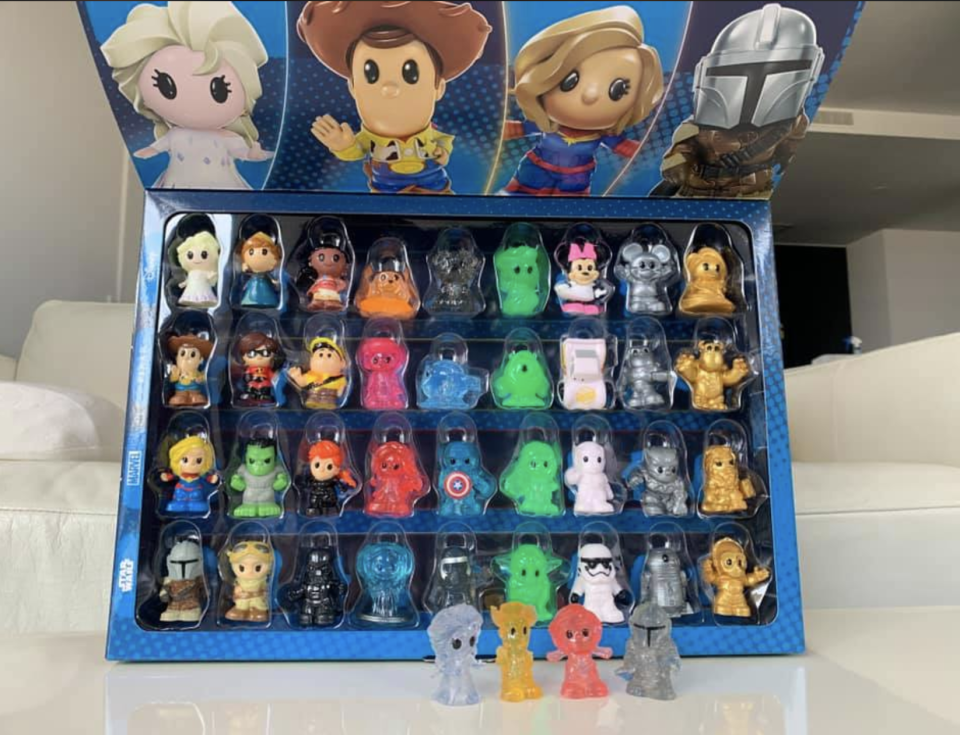Lego's plastic-free commitment – are children's toys next on the agenda?
Australians have embraced the fight against plastic pollution in recent years, with single-use shopping bags, plastic straws and throwaway coffee cups targeted as the nation looks to reduce its plastic footprint.
On Tuesday, Danish toymaker Lego made the promising announcement it plans to have found a sustainable material to replace oil-based plastic used to make its bricks by 2030.
The pledge now begs the question – could the toy industry be next on the agenda for Australia?
It’s not the first major announcement in terms of plastic toys internationally. Earlier this year, McDonald’s in the UK vowed to remove plastic toys from its Happy Meals, a pledge Burger King, the overseas equivalent of Hungry Jacks, made in 2019.
But Lego’s announcement of a $548 million budget to help reach its target is arguably the most significant.

The company also set goals of becoming carbon neutral by 2022 in terms of its production, as well as phasing out single-use plastic in packaging by 2025.
Lego is one of the most recognisable brands on the planet and uses some 90,000 tonnes of plastic in its products each year.
Associate Professor Ali Abbas, director of the University of Sydney’s Waste Transformation Research Hub, said the move from such a significant brand in the global market, regardless of whether it is a publicity stunt, is hugely significant and could shape future behaviour from not only other businesses but shoppers as well.
“We all know Lego. Everybody around the world is very familiar with the toy,” he told Yahoo News Australia.
“People in Australia will look at this news... it’s a driver towards sustainability and overall in a positive direction. Lego is probably now leading the way in the toy industry”.
Assoc Prof Abbas believes more companies will now follow suit, as it is “good sense for businesses to develop sustainability plans and to market them because of the consciousness that’s building around the world.”
Is this the end of supermarket collectables?
The waste expert says there is a surging commitment from younger Australians towards sustainability, which is likely to prompt a significant change from the toy industry, whether it be in the toy aisle at Kmart or promotions at Coles and Woolworths.
“The toy industry as a whole I think will certainly start to diversify its materials rather than use plastics,” he said.
Since their explosive introduction several years ago, supermarket collectables aimed at children have faced widespread criticism for often being made of plastic.
In one of the more common gripes, angry Australians have documented discovering the miniature toys washed up on the nation’s beaches.

In August, Woolworths released its latest range of Ooshies but Assoc Prof Abbas believes this could be the end of the road for supermarkets.
“I would certainly see them stopping, for sure,” he told Yahoo News Australia.
Moving forward, Assoc Prof Abbas says the issue now lies with manufacturers to meet the demand of consumers who are striving for environmentally-friendly products.
“There’s a limit to what the public can do, they certainly can reduce their consumption but we need the manufacturers to meet the consumer halfway... we need to design products like Lego is doing to be able to manufacture products in Australia, like the plastic bag drive, that offer alternatives.”
What are Lego’s alternatives?
Since 2018, Lego has made some of the less rigid parts of Lego sets, such as plants and trees, from bio-polyethylene, a type of plastic made from ethanol, produced using sugarcane.
The material does not work as well for the standard hard bricks that are still made from oil-based plastic. Lego is testing how to use bio-polyethylene for the hard bricks.
“The challenge is making a softer material work in a brick previously made with a harder material,” Tim Brooks, Lego’s vice president of environmental responsibility, said.
Do you have a story tip? Email: newsroomau@yahoonews.com.
You can also follow us on Facebook, Instagram and Twitter and download the Yahoo News app from the App Store or Google Play.




